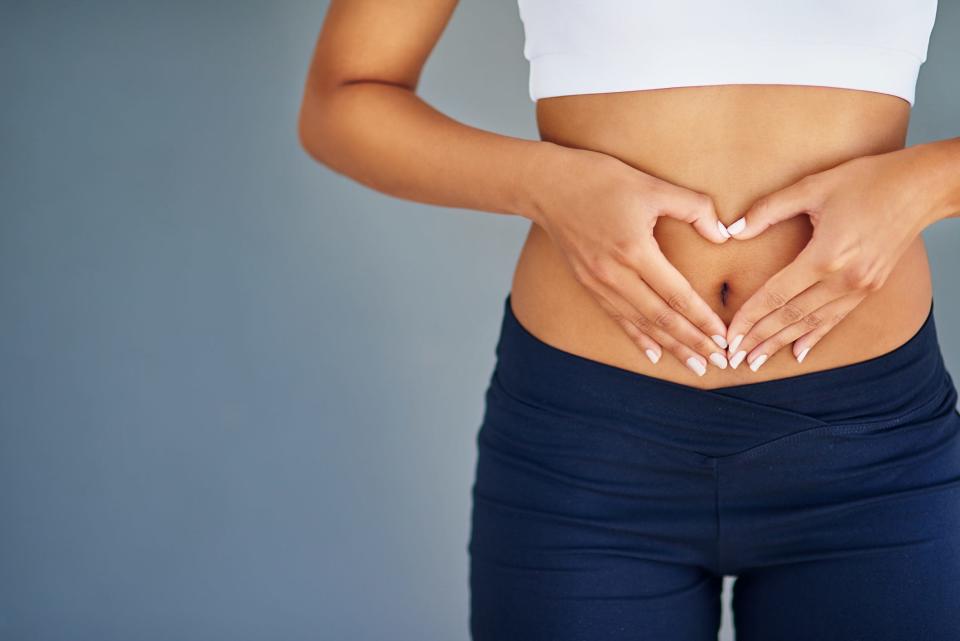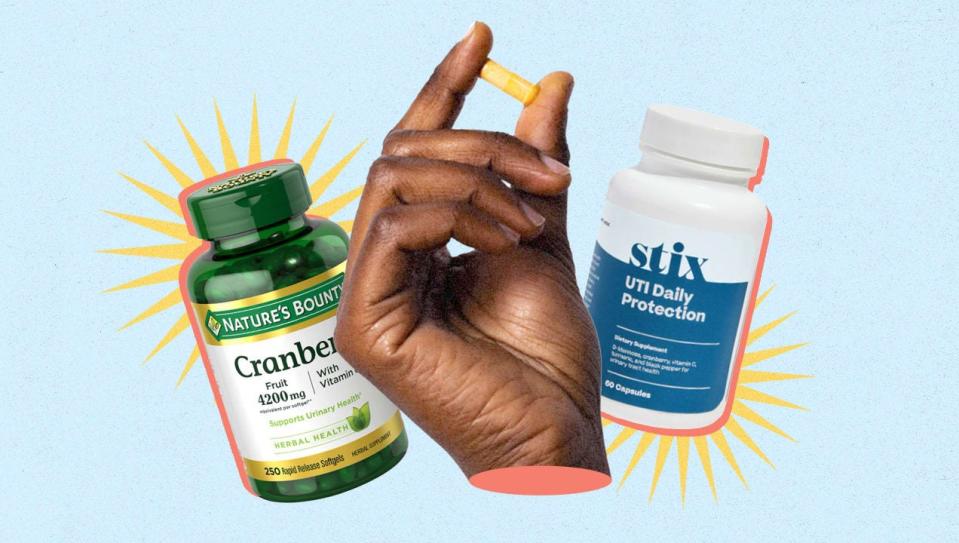Can antibiotics ruin good bacteria in your gut? Yes. Here are 3 things to know
Until recently, we had no idea how important gut bacteria were to your overall health.
In fact, years ago, colon cleansing was all the rage, and it seemed to make sense. Aren't bacteria harmful, and shouldn't we get rid of trillions of bacteria in the colon to improve our health? The answer is no because we discovered that not all bacteria are bad. Quite the contrary, some are really helpful, living side by side in a delicate balance with bad bacteria. Collectively, the good and bad bacteria, plus viruses and fungi are known as the microbiome.
Bad bacteria like E.coli and Staphylococcus can live in the gut without causing harm because they exist in low levels and in a delicate balance with good bacteria. However, when you take antibiotics, although they are powerful tools that accomplish miraculous things in the body, they can disrupt your bacterial balance. A round of antibiotics may kill off good bacteria, in effect bolstering the power of bad bacteria.
Humans have lived with bacteria for eons, and without them, it would be difficult to survive. The relationship starts when we are born, and possibly even inside the womb. As we grow, the microbiome begins to diversify because we are exposed to different foods and environments. In turn, this diversity provides benefits that include the ability to digest fiber, so important for gut health and possible prevention of intestinal diseases like irritable bowel syndrome and inflammatory bowel disease.

You may like: Can I exercise when I am sick? 3 ways a fever, runny nose can impact your workout
Other benefits include a positive effect on weight management, and possibly prevention of insulin resistance, heart disease and certain forms of cancer. In addition, there appears to be a positive influence on the immune system and how it responds to infection, plus some preliminary evidence suggests an impact on the nervous system, contributing to brain function. It’s pretty incredible, but many experts believe we are just beginning to fully understand all of the implications of a healthy microbiome.
Are too many antibiotics bad for you?
In writing my column, when possible, I like to refer to my experiences and the experiences of others to try to bring the issues into a personalized focus. Such is the case with my recent round of antibiotics. As mentioned above, E. coli exists in the gut and when it gets into the urinary tract it can cause a urinary tract infection (UTI). In fact, E. coli is believed to be the source of the problem in the vast majority of UTIs.
I contracted a nasty UTI and underwent a round of antibiotics. This seemed to do the trick and all symptoms disappeared. However, two weeks later, the symptoms reappeared and were much worse. I went back to the doctor and received a prescription for a more powerful antibiotic. This time it worked and knocked out the infection.

Then a few weeks after that, I had to have oral surgery, which required another round of antibiotics. That’s a lot of antibiotics in a short period of time and in the aftermath, I noticed that things weren’t right in my digestive system, which typically is never a problem. As I investigated I found that it can take several weeks, and even months to get my gut back to normal.
What should you eat after taking antibiotics?
Thankfully, my typical lifestyle includes many of the things that are helpful in restoring the gut, and I was able to bounce back quickly. I rarely, if ever, indulge in artificial sweeteners like aspartame that can stimulate the growth of bad bacteria. In addition, I consumed lots of probiotics, living microbes that help restore balance among gut bacteria.
Where can you get a good dose of probiotics? A product called Gut Renew with a proprietary blend of several probiotics was recommended and I found it to be helpful. I also increased fermented foods like yogurt and sauerkraut in my diet.
You may like: Are processed foods bad for you? 4 things to know about how they affect your health
My diet, with the exception of occasional fish, is vegetarian with lots of fiber, and that’s a good thing. Fiber feeds the good bacteria already living in the gut, and it does not get destroyed during digestion. Prebiotic supplements contain various types of fiber and there are many prebiotic products on the market. In addition, daily exercise, good sleep, and reduced stress help restore the gut.
How to improve gut health
First, don't overuse antibiotics. In my case, I hated having to take three rounds of antibiotics in a short time frame because I knew what might happen to my gut, but I had no choice. Over the years, I know folks who sprint to their doc for an antibiotic at the first sign of a sniffle. Years ago, doctors often complied with such demands, not realizing the implications. Thankfully, there is much more stringent policing of antibiotics today. Even so, according to the Centers for Disease Control and Prevention, as much as one-third of antibiotic use is unnecessary. For example, antibiotics are useless in viral infections, but it may be hard to distinguish between a viral and bacterial infection.
Case in point, when I have one of my sinus infections, I recognize the symptoms immediately and know that I will need an antibiotic to knock it out. Otherwise, it will linger for many weeks as it did the first time I had one. Even though I know exactly what’s going on with me, doctors insist that my symptoms must persist for at least two weeks before providing a prescription for an antibiotic. This is because they need to determine that it is a bacterial infection and not viral. If viral, the infection is likely to clear up much sooner, and an antibiotic does no good.
You may like: Is living long genetic? Here are 4 things to know about extending your life expectancy
What’s more, if you treat a virus with an antibiotic, it may attack the good bacteria and make things worse. It also can lead to antibiotic resistance where the bacteria change in some way, protecting themselves. There is a lot more to this story, but what it all boils down to is being cautious about taking antibiotics.
Reach Bryant Stamford, a professor of kinesiology and integrative physiology at Hanover College, at stamford@hanover.edu.
This article originally appeared on Louisville Courier Journal: Can antibiotics ruin good bacteria in your gut? Yes. What to know

